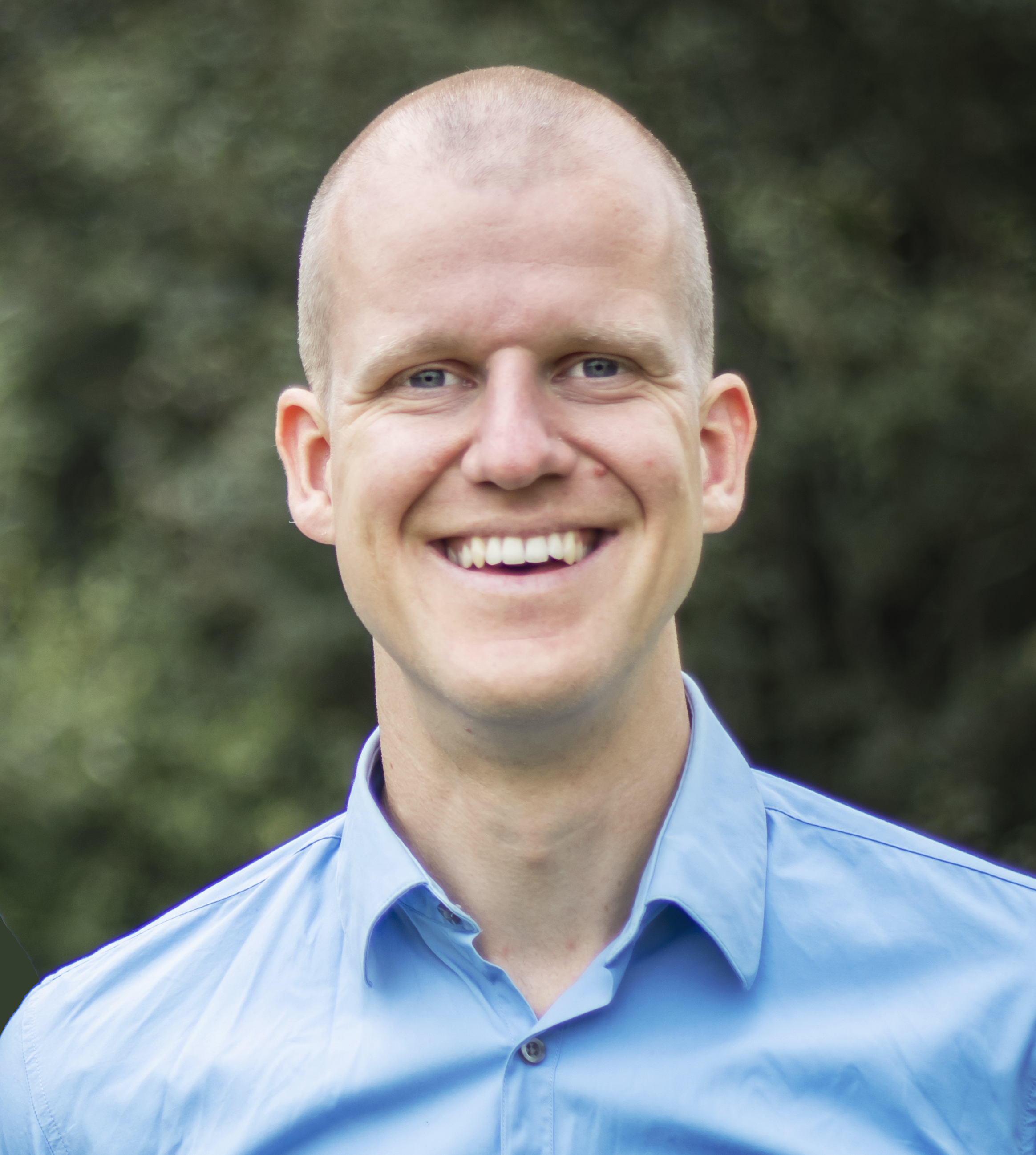You will learn to explore, analyze, and visualize data clearly and persuasively. Using proven tools like Pandas, Matplotlib, Seaborn, and scikit-learn, you will be able to clean datasets, uncover trends, and even build simple predictive models to support informed strategic decision-making.
This course is designed for professionals who have some programming experience in any language, but no prior knowledge of Python is required. By the end of the program, you will confidently work with real-world business data and communicate your findings effectively to colleagues and stakeholders.
Key Topics Include:
- Introduction to Python and essential libraries (NumPy, Pandas, Matplotlib, Seaborn, Scikit-learn)
- Data manipulation and cleaning techniques
- Exploratory data analysis (EDA) and data visualisation
- Basics of statistical analysis and hypothesis testing
- Introduction to machine learning concepts and algorithms
Through hands-on exercises and real-world projects, you will gain practical experience working with data sets and develop a solid understanding of data science workflows. Whether you are looking to enhance your skills for a career in data science or simply want to explore the field, this course is perfect for you. Join us and start your data science journey today!
Key Deliverables:
- Assignments to reinforce learning after each day
- Final project to demonstrate practical application of concepts
- Hands-on practice throughout the course
This course aims to empower participants to apply Python and data science techniques confidently by the end of the 8 days.
Practical programme information:
Starting date: To be determined
Tuition fee: € 4,995
Format: This course consists of 8 full days of study.
Participants are expected to work at home for 4 to 8 hours per week
Group size: 8-18
Location: This programme is exclusively offered in person at VU Amsterdam.
(In case of insufficient admissions, the organisation reserves the right to postpone the course)
For more information about this course, please contact: BAforIndustry@vu.nl
This course is part of the Business Analytics for Industry programme.
It includes two other courses:

